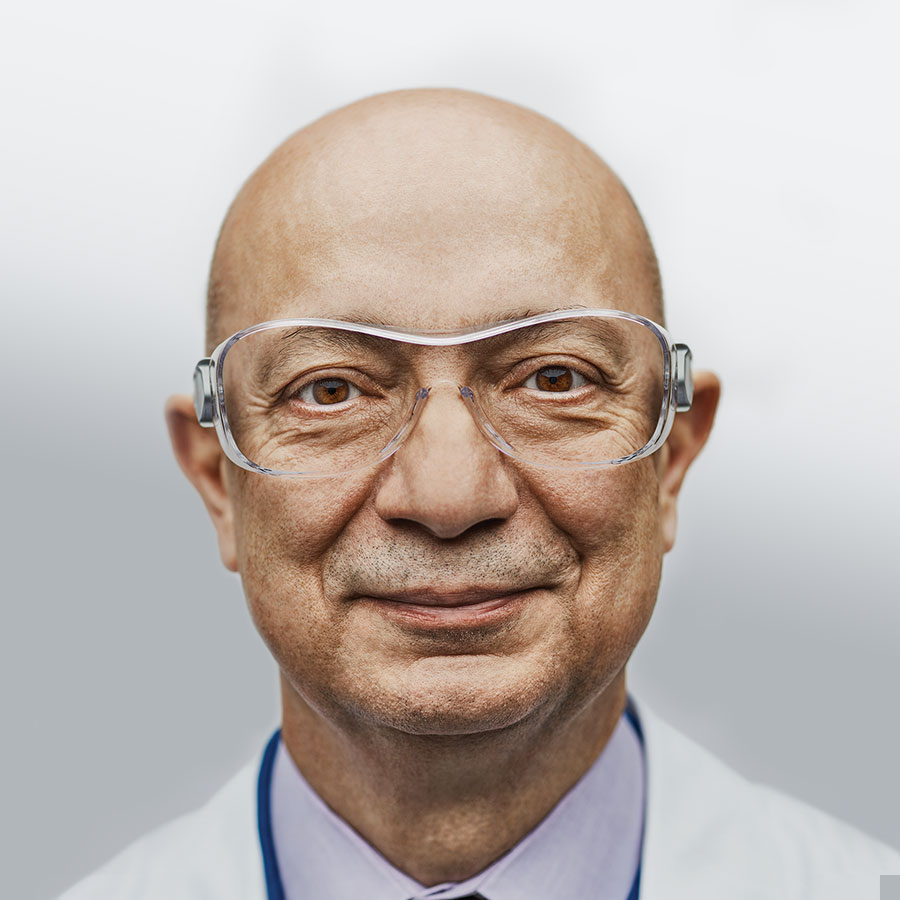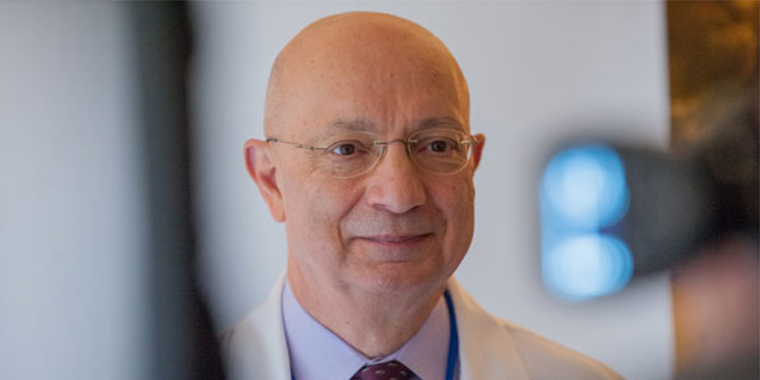“It’s important to realize that our job is to evaluate the therapeutic potential of these drugs. If we find that a potential drug is a failure, that conclusion is, in a way, a success.” Salim points out that his job is just as much about ensuring the safety of drugs as it is about facilitating the delivery of new, potentially helpful medicines.
Obstacles during development are ultimately opportunities to learn and, eventually, discover new drugs that will enhance the lives of patients. “Every success is followed by wanting to do more and to go to the next step,” says Salim. “We have seen how scientific innovation has contributed to our ability to control common ailments and infectious diseases. Now we have the luxury to focus on specific disease elements, and, eventually, we will get to a point where we have truly personalized medicine.” That, Salim says, is the most exciting part of the future of medicine.




